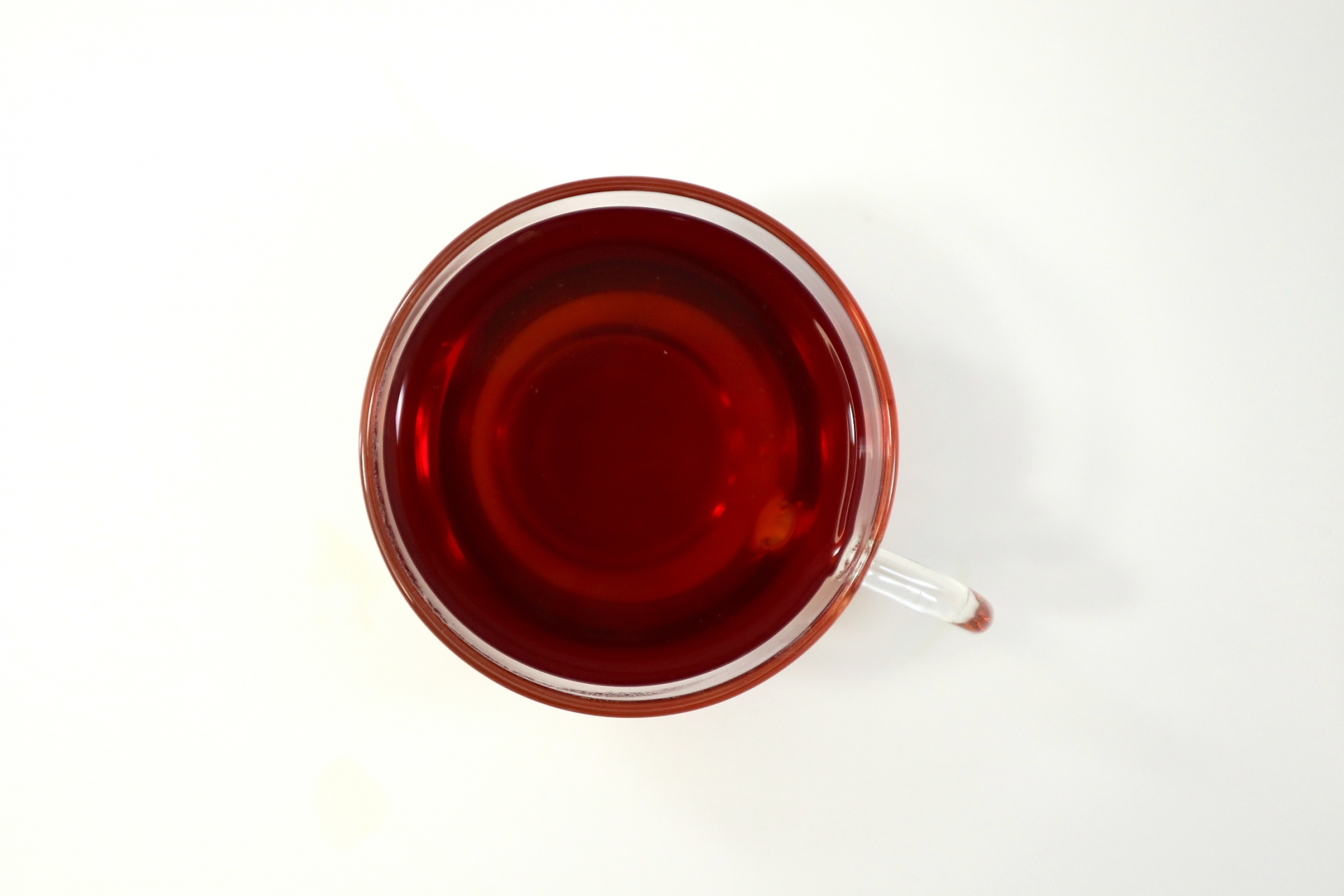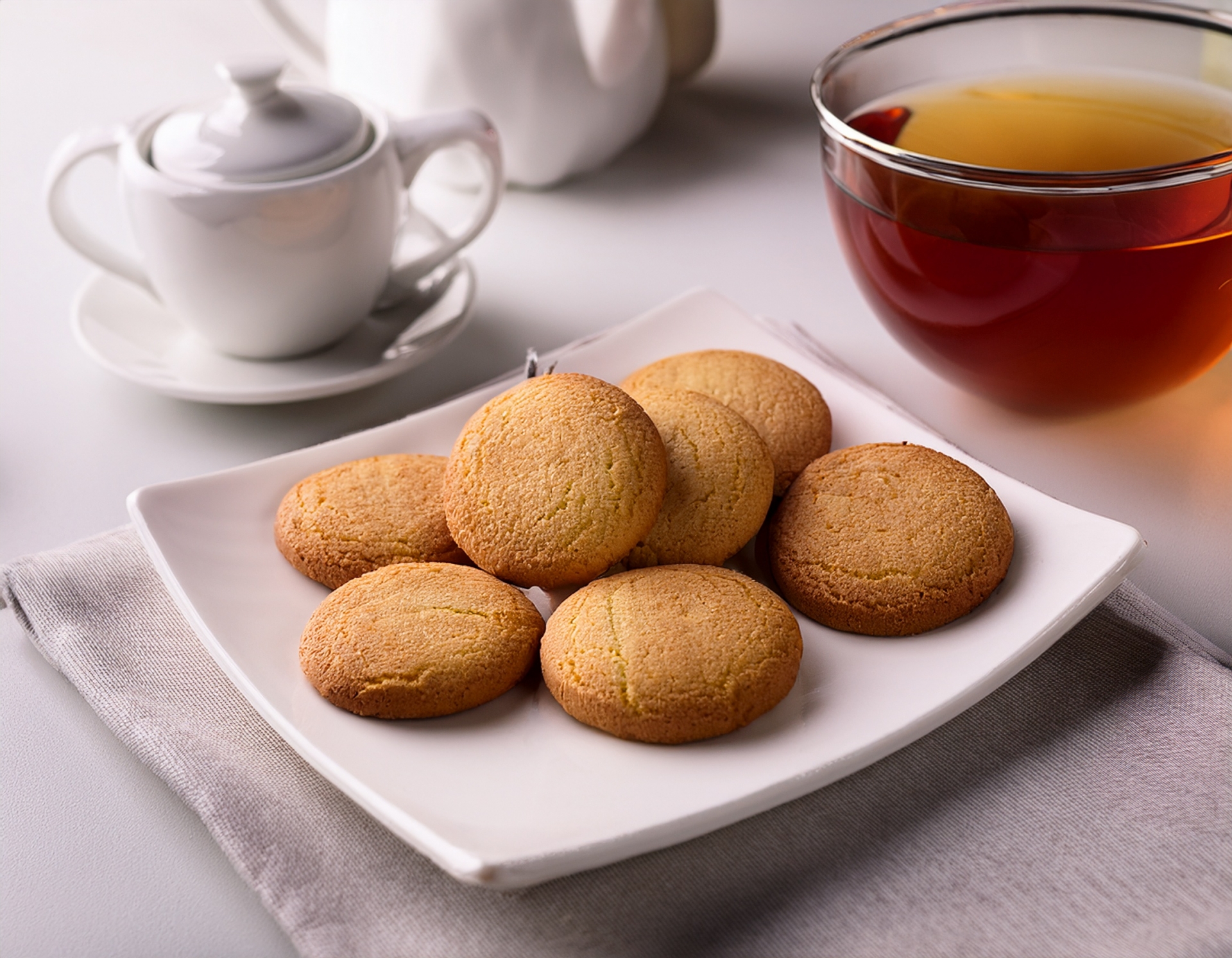What is Kakegawa
Japanese Black Tea?
Kakegawa Japanese black tea is a domestic black tea made in Kakegawa City, Shizuoka Prefecture. It is characterized by its mild and gentle sweetness with little astringency.
Kakegawa City is famous for its deep-steamed tea, but in recent years it has also been focusing on producing Japanese black tea,
which allows you to enjoy a delicate taste unique to Japan that is different from black teas overseas.
It has a vivid red color.
The red color of Japanese black tea is due to a component called theaflavin, which is produced by the oxidative polymerization of catechins during the fermentation process of black tea.
The more theaflavin there is, the more vivid the red the black tea will be. The color of the water also varies depending on the variety of Japanese black tea,
and black tea varieties such as Benifuki tend to have a deeper red color than green tea varieties.
Features
Characteristics of Kakegawa Japanese Black Tea
The variety “Benifuki” developed in Japan for black tea is often used.
Taste:
It is characterized by a mild and gentle sweetness with little astringency.
Production method:
It is finished with exquisite roasting using deep steaming tea technology.
How to drink:
It is recommended to drink it straight, but it is also delicious with milk or lemon.
Other:
Research has shown that products made from the Benifuki variety are rich in methylated catechins, which are expected to be effective against allergic rhinitis and hay fever.
Kakegawa Japanese black tea has become increasingly popular in recent years due to its unique flavor. In particular, drinking it straight allows you to enjoy the original sweetness and aroma of the tea leaves even more.
It also goes well with Japanese food, and can be enjoyed in combination with sweets to accompany tea.
What is Benifuki?

Benifuuki is a tea variety that was created by crossing “Benihomare,” a seedling-selected variety native to Assam, with “Makura Cd86,” a variety native to Darjeeling, and was developed for use in black and semi-fermented tea.
Benifuuki is characterized by its high content of methylated catechins, which are expected to have anti-allergic effects, and is garnering attention as a safe agricultural product due to its strong tree vigor, high yields, and disease resistance.
Main features of Benifuuki
Rich in methylated catechins:
According to the National Agriculture and Food Research Organization, Benifuuki contains a lot of “methylated catechins” in which a part of the catechin is bound to a methyl group, which has been found to have the effect of relieving the discomfort of hay fever and allergic rhinitis.
Anti-allergic effect:
Methylated catechins are said to suppress the action of histamine and IgE antibodies, which cause allergic reactions, and relieve allergic symptoms.
Easy to grow:
Benifuuki is resistant to diseases and can reduce the use of pesticides, so it is attracting attention as a safe agricultural product.
High yield:
It has strong tree vigor and high yield, and in warm regions in particular, 2200-3000 kg/10a of fresh leaves can be harvested.
High safety:
It is considered to be highly safe because it is resistant to diseases and can reduce the use of pesticides.
Easy to drink:
It is characterized by being less astringent and bitter than regular green tea, making it easy to drink.




